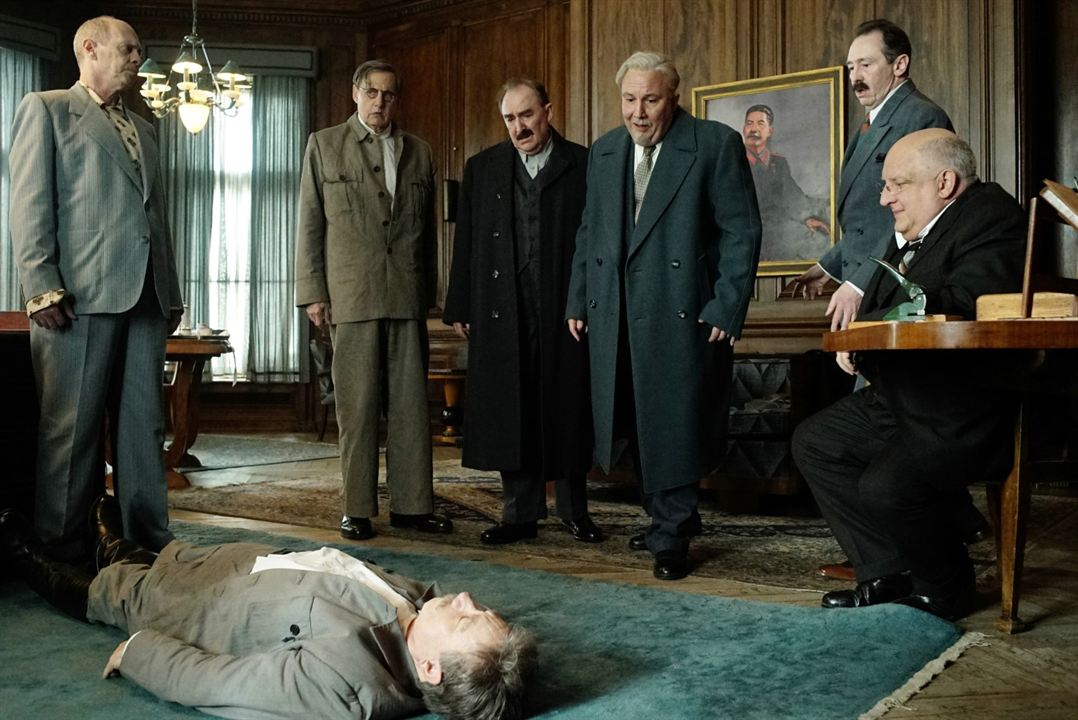The first 2/3 of the movie seems like a different movie than the last 1/3. The last 1/3 is basically courtroom drama over a congressional hearing about the cabinet confirmation of Lewis Strauss. (I had to look up his name on IMDB because even though he's a focus of the last 1/3 of the movie, I keep forgetting it because I don't really know why I should care).
Yes, Strauss and how he interfered with Oppenheimer's security clearance is key to understanding Oppenheimer's life... but does the part of his life after the atom bomb really matter? The post atom bomb part of his life is really something that should be done in a 5 minute montage, rather than an hour-long courtroom drama. Oppenheimer's impact on history is due to his time leading the Manhattan Project, and that should really be the focus of the movie.
As for the ways the communists were depicted, at first it was sympathetic. They seemed like well-meaning if a bit naïve. Later on, they seem more like victims. The movie makes it seem like they were under surveillance right from the start, and that after WWII and during the cold war, their lives were being destroyed for innocent flirtations with communism decades ago, long before the USSR and the USA were enemies. That seems to track pretty well with reality, where the McCarthy era was one where right wingers were rabid about destroying the lives of anybody who had ever had any sympathy for communism. Powerful companies used that sentiment to destroy powerful labour unions, massively changing the balance of power away from workers and towards corporations.
The movie doesn't seem to really take a position on whether communism is bad or not. It just shows how Strauss uses backroom deals and dirty politics to wield anti-communism as a weapon to settle a grudge against Oppenheimer.
